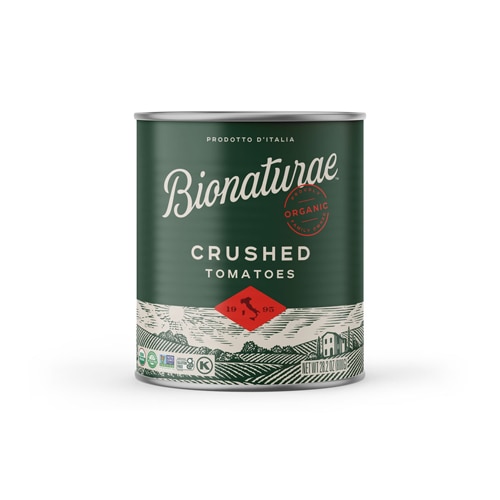They're age-old food safety dilemmas: “Is this OK to eat or not?”; “How do I know for sure whether this food is still good?”; "How long should I keep canned goods?”; “What is this? ...er, what was this?” Knowing how long to keep food is an important part of staying healthy and avoiding foodborne illness. The trouble is that there is no single rule to follow.
The guidelines for how long a food is safe to eat differs based on the type of food and/or the food processing technique. An expiration date printed on packaging can also be confusing. “Sell by” or “best by” dates indicate that a food may be good past the given date, but give no information beyond that.
Here are some tips to help keep your food safe while also cutting down on the waste of food:
Fresh produce
Fresh produce items don’t have “sell by” or “best by” dates, so you have to use the date it was purchased as a starting point. Generally, more delicate vegetables, such as zucchini and green beans, last 5-7 days in the refrigerator, whereas the heartier vegetables, like broccoli, can last twice that long. Really tough produce items, like potatoes, can last several months if they are refrigerated!
These same rules apply to fruits, as well – the more delicate the item, like bananas, the less time they will last (2-7 days unrefrigerated), and the heartier the fruit (think: fresh apples), the longer they will last (2-4 week, refrigerated). To avoid eating spoiled food, watch for signs that a produce item is turning bad: it gets soft, becomes becoming soft, very discolored and/or moldy, it’s probably time to throw it out – or compost it!
Meat, seafood & poultry
If you don’t plan to use fresh meat within the first couple days after purchase, it is best to freeze it right away. Poultry can last 1-2 days in the refrigerator and up to a year in the freezer. Ground meats can also last 1-2 days in the fridge, but only 3-4 months in the freezer. Steaks, roasts and chops made from beef, veal, pork, or lamb can last 3-5 days refrigerated; steaks and roasts can last up to a year frozen, but chops should only be frozen up to 6 months before using.
Eggs
Raw whole eggs that are still within the shell are still good for 4-5 weeks past their pack date, as long as they have been stored properly. Ideally, eggs should be stored in their original carton in the body of the refrigerator at a temperature below 40 degrees F. Avoid storing eggs in the refrigerator door, as the temperature is less consistent there.
Canned Goods
There are many factors that affect how long canned foods can last; including the temperature it is stored at (ideally 75 degrees F). Assuming proper storage, both canned vegetables and canned fruits can last 1-2 years past the “best by” date. Do not eat food from a can that has a rounded or domed top or that contains anything that has turned brown or black, as this means the food has spoiled. Be wary of dented cans as well.
Frozen Foods
Unopened frozen vegetables and fruits kept at a constant temperature can last 8-10 months past the printed expiration date. How can you tell if it’s gone bad? Some signs include a shriveled appearance, loss of color and caked-on ice crystals.
Dining out
Anyone who sells prepared food is considered a “food vendor,” which includes restaurants and even grocery stores. Keep in mind that it's nearly impossible for a customer to know how long a food vendor has had a food they are selling or how they are storing it. That's why these businesses must follow their local food safety guidelines and are subject to inspection.
Scores from these inspections are usually made available to the public in some way. The inspector is looking for practices such as safe food handling and proper cooking techniques, safe sourcing, safe temperature and proper handwashing methods.
This article was contributed by Jessica Riggs, MS, registered dietitian nutritionist with The Little Clinic (inside select Kroger locations). For more information about dietitian services, visit www.thelittleclinic.com/dietitians.




